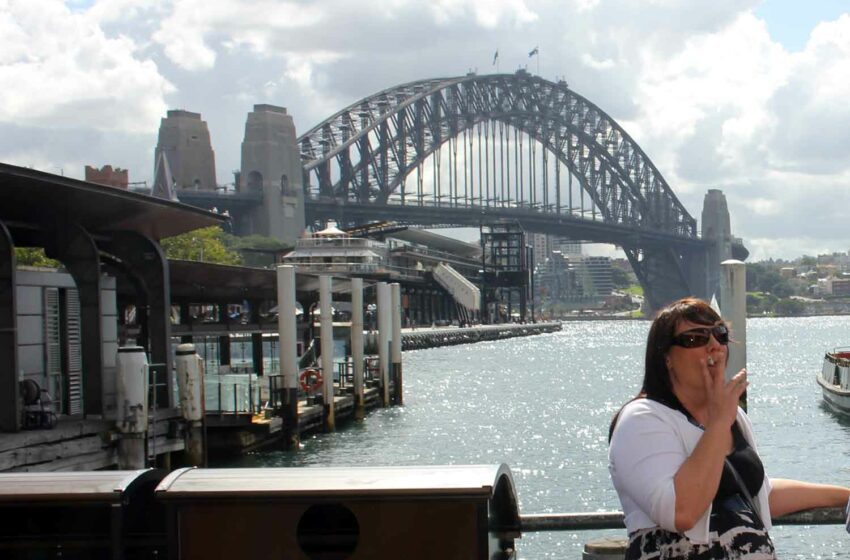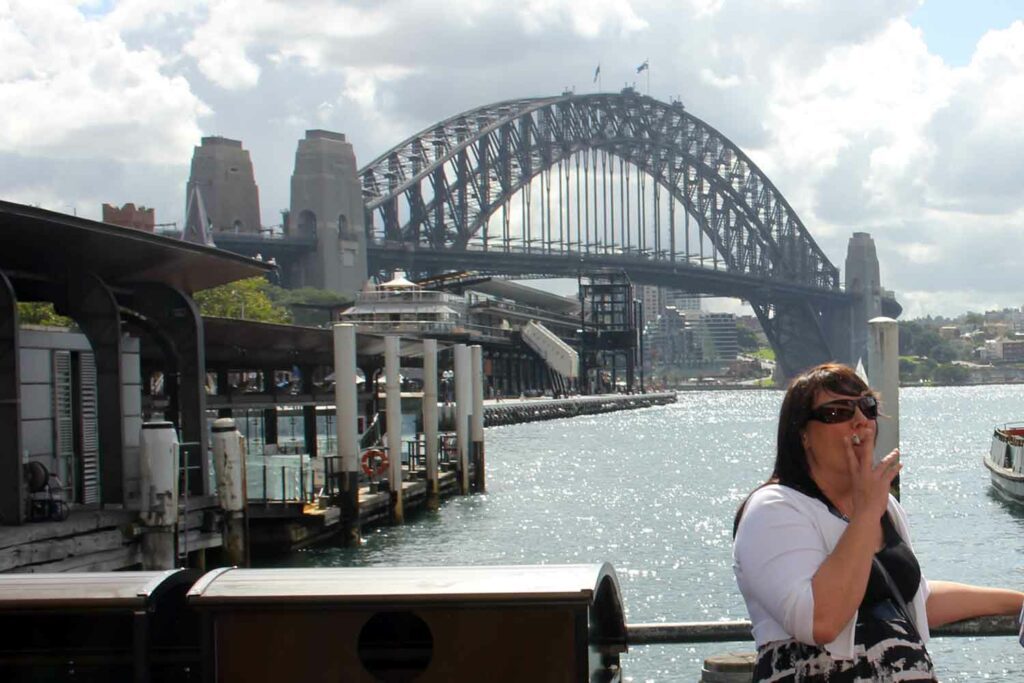
Leading health organizations are urging Canadian lawmakers to crack down on flavored nicotine products and make nicotine pouches available upon prescription only.
In a full-page ad in The Hill Times, Action on Smoking and Health, the Canadian Cancer Society, the Canadian Lung Association, the Quebec Coalition for Tobacco Control, Heart and Stroke, and Physicians for a Smoke-Free Canada assert that flavors play a key role in attracting kids to nicotine products and call on the federal government to ban flavors, including mint and menthol, in e-cigarettes.
The ad also calls for action to protect minors against the sale and promotion of nicotine pouches by making them a prescription-only product. Under the current federal rules, nicotine pouches authorized under the Natural Health Products Regulation can be legally sold to minors in convenience stores and promoted on television, billboards and social media, including by means of lifestyle advertising.
“Several additional options are available to the health minister, like temporarily suspending the sale of nicotine products, which would also allow federal, provincial and territorial authorities to strengthen relevant laws and regulations. For example, nicotine pouches could be subject to many of [the] same provisions regarding promotion that apply to tobacco and vaping products,” said Cynthia Callard, executive director of Physicians for a Smoke-Free Canada, in a statement.
The ad is in part a response to the success of Imperial Tobacco Canada’s Zonnic pouches, which Health Canada approved for sale in 2023. The health groups rebuffed the company’s insistence that its pouches are intended for adult smokers who want to quit. “Unlike other manufacturers of nicotine-replacement therapies, this company deliberately chose to distribute its product through convenience stores and promote them with lifestyle messaging and images of young adults,” said Flory Doucas, co-director and spokesperson of the Quebec Coalition for Tobacco Control.



















